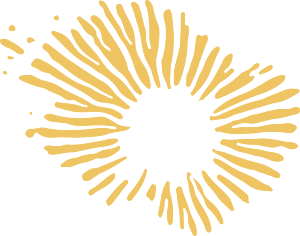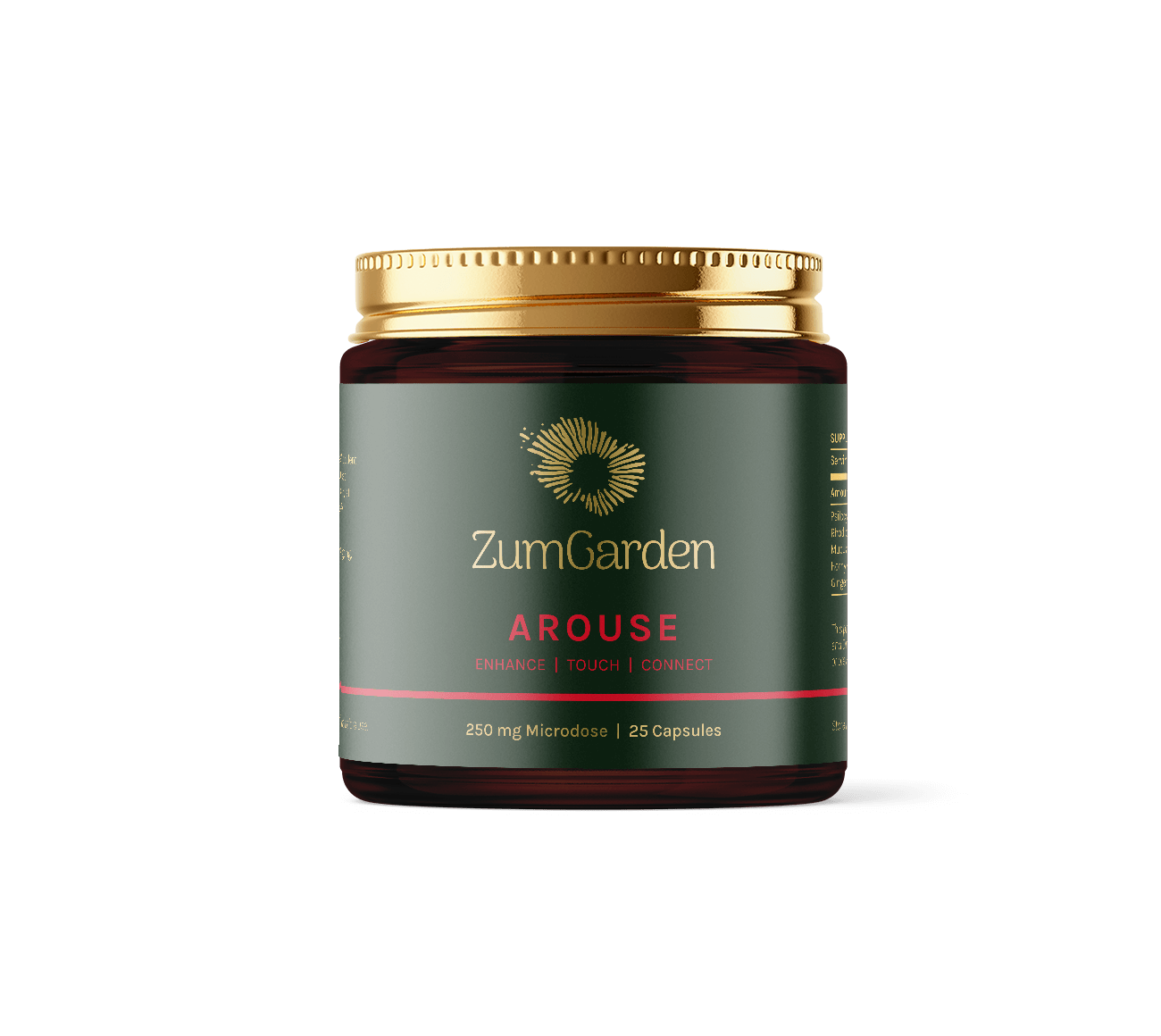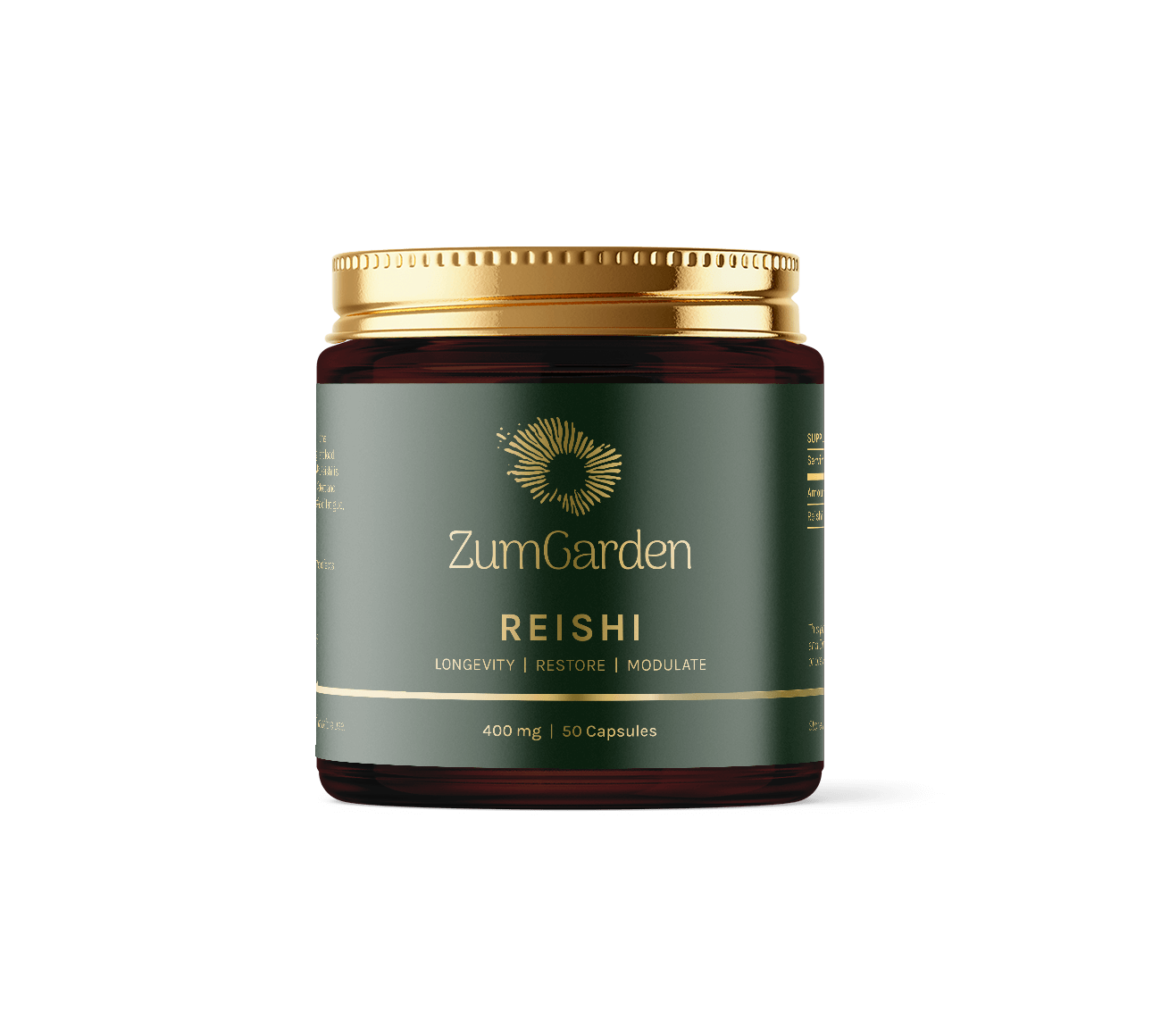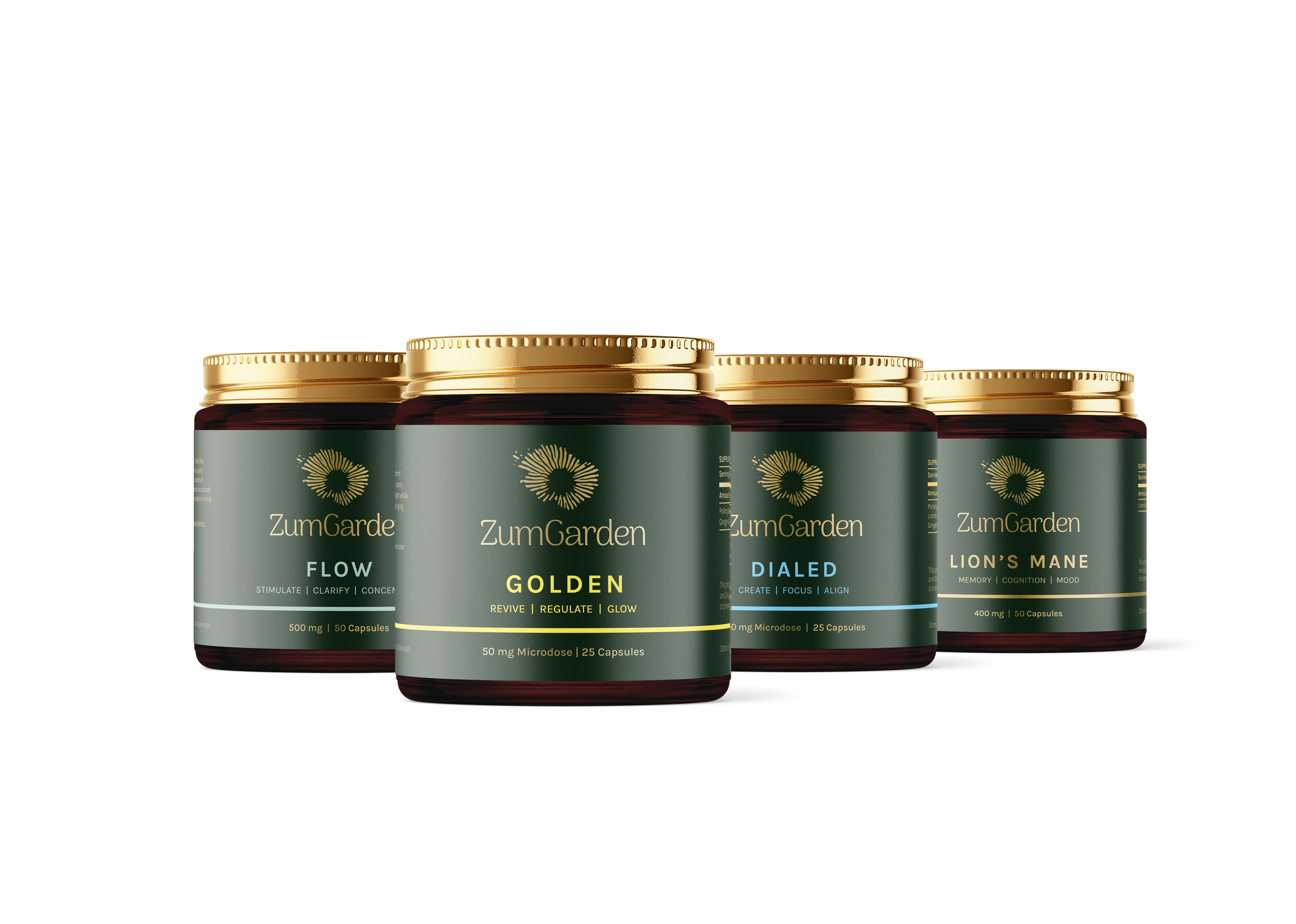You're living like resources are running out.
Not just money (though that too). But time, opportunities, love, success, happiness, even parking spots.
You operate from an invisible belief that there isn’t enough to go around.
Someone else’s win feels like your loss. Another person’s success makes your journey look smaller. When good things happen to others, some part of you tightens instead of celebrates.
This is scarcity mindset—and it’s quietly running your life.
The belief that life is a zero-sum game where someone else getting a slice means less pie for you. That you need to hoard, compete, and protect what little you have because more might not come.
But what if that entire operating system is based on a lie?
Psilocybin has a fascinating way of dissolving scarcity thinking, revealing that abundance isn’t about having more—it’s about perceiving what’s already here.

Scarcity thinking shows up in subtle ways:
- Feeling threatened by others' success instead of inspired
- Hoarding time, money, or opportunities "just in case"
- Believing you need to compete for limited spots, jobs, or love
- Feeling anxious when good things happen (waiting for the other shoe to drop)
- Struggling to be genuinely happy for others
- Operating from "not enough" even when you have plenty
The scarcity lens makes the world look dangerous and depleted, even when it’s not.
How Scarcity Became Your Default
This mindset isn’t your fault—it’s evolutionary.
For most of human history, resources actually were scarce. Food, safety, shelter—these weren’t guaranteed. Your ancestors who hoarded and competed survived. Those who didn’t, died.
Your brain still runs that ancient programming.
Add in modern capitalism that profits from your sense of lack (“buy this or you won’t be enough”), comparison culture through social media, and childhood experiences of actual scarcity—and you get a nervous system convinced that there will never be enough.
Even when your current life is objectively abundant.

Microdosing often shifts your lens from scarcity to sufficiency:
Colors get brighter—you notice beauty you’ve been walking past. Gratitude arises for things you took for granted. Other people’s wins start feeling celebratory instead of threatening.
Common realizations:
“I’ve been so focused on what’s missing that I haven’t noticed what’s here”
“There’s actually room for everyone to succeed”
“I have more than I’ve been acknowledging”
“My worth isn’t dependent on having more than others”
Suddenly you see that abundance isn’t about accumulation—it’s about attention.
Try This: The Abundance Reframe
For one week, notice scarcity thoughts and flip them:
Scarcity: “They got the opportunity I wanted”
Abundance: “If it happened for them, it can happen for me too”
Scarcity: “I better save this for later in case I need it”
Abundance: “I can share this now and trust more will come”
Scarcity: “There aren’t enough good partners/jobs/opportunities”
Abundance: “The right fit for me exists and will find me”
The reframe isn’t about toxic positivity—it’s about accuracy.
Most scarcity fears aren’t based in current reality.

When you operate from sufficiency instead of scarcity:
- You celebrate others' success genuinely (it proves what's possible)
- You share resources, knowledge, and opportunities freely
- You make decisions from desire rather than fear
- You trust that what's meant for you won't miss you
- You enjoy what you have instead of always reaching for more
- You attract more abundance because you're not gripping from desperation
Paradoxically, abundance mindset often creates more actual abundance than scarcity thinking ever could.
The Generosity Practice
One of the fastest ways to shift from scarcity to abundance is through giving:
Give your time when you “don’t have any” Share your knowledge when you “should keep it proprietary” Celebrate others’ wins when you’re feeling behind Tip generously when money feels tight.
Not recklessly—but intentionally. Each act of generosity tells your nervous system: “We have enough to share.” And that belief creates the reality.

Psilocybin doesn't make you wealthier—it changes how you experience what you already have.
That meal tastes richer. That conversation feels more meaningful. That sunset you usually miss becomes breathtaking. The people in your life feel more precious.
You realize that you’ve been living in a world of abundance all along. You just couldn’t see it through the scarcity filter.

There is enough. There always has been.
Enough love, enough opportunity, enough success, enough time, enough joy. The universe isn’t a finite pie where someone else’s slice diminishes yours.
Your abundance doesn’t require someone else’s scarcity. Your success doesn’t require someone else’s failure. Your happiness doesn’t depend on having more than others.
What if you already have enough? What if you already are enough? What if the only thing missing is the awareness of what’s already here?
So what would you do if you truly believed there was enough?
Until next time,
🍄 Media of the Week:
"The Power of Surrender: How Losing It All Became Her Awakening"
by: Minds On Mushrooms




























